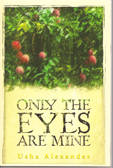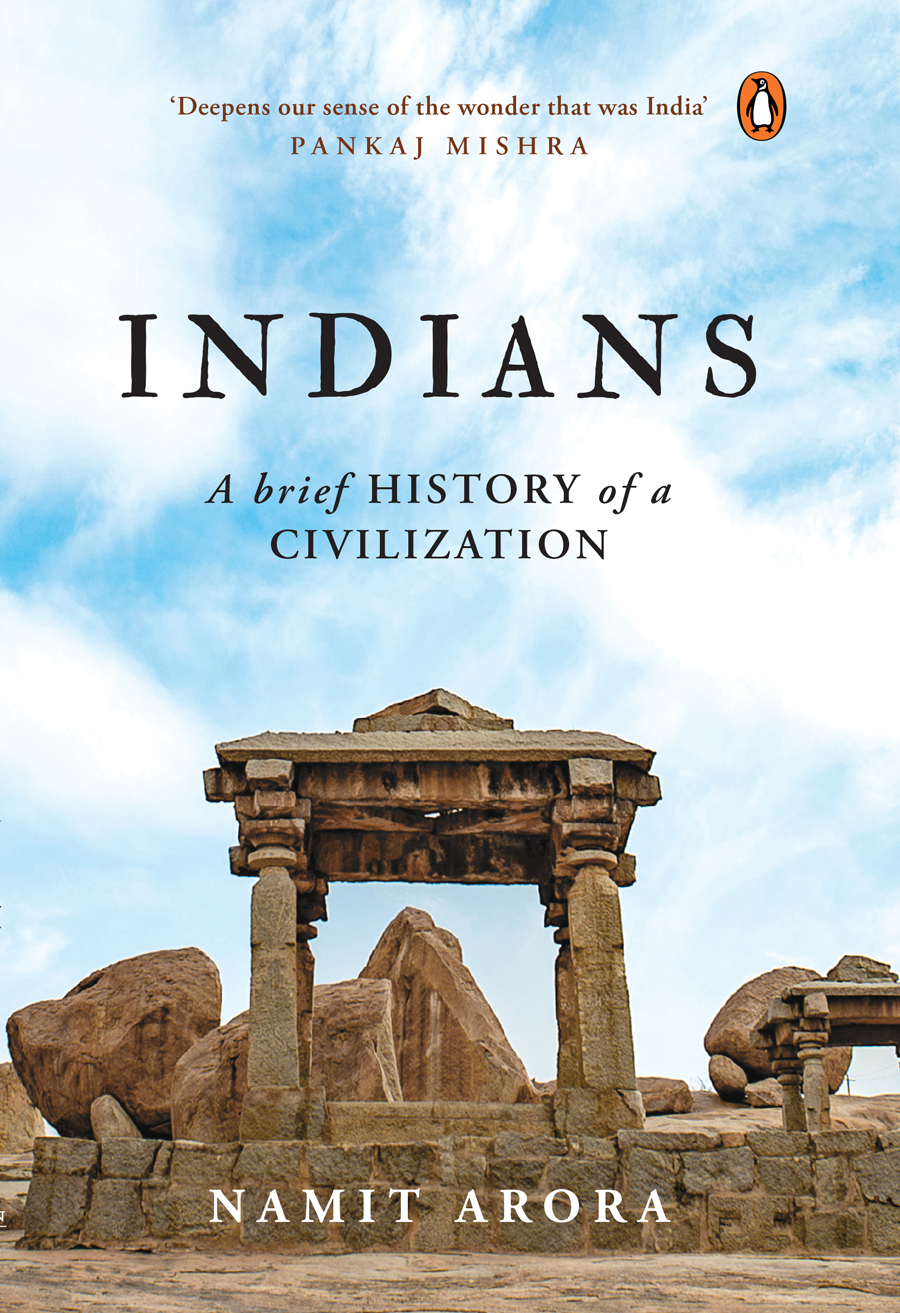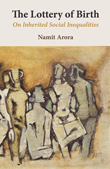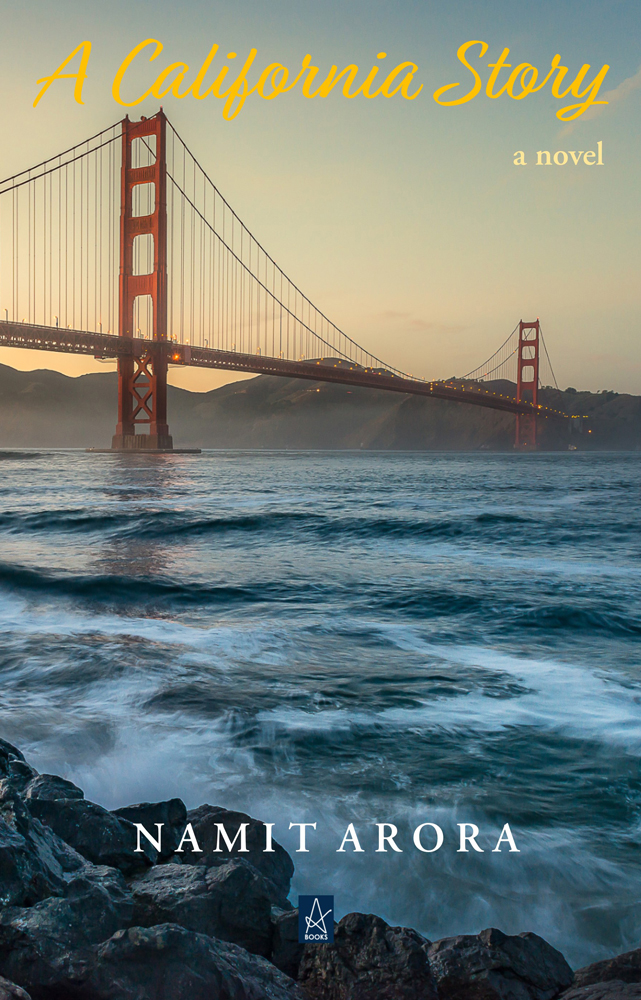Ajanta, Maharashtra, India (site model)
Ajanta, a UNESCO world heritage site, is famous for its Buddhist rock-cut cave temples and monasteries with their extraordinary wall paintings. The temples are hollowed out of granite cliffs on the inner side of a 20-meter ravine in the Wagurna River valley, 105 km northeast of Aurangabad, at a site of great scenic beauty. About 30 caves were excavated between the 1st century BCE and the 7th century CE and are of two types, caityas ("sanctuaries") and viharas ("monasteries"). Although the sculpture, particularly the rich ornamentation of the caitya pillars, is noteworthy, it is the fresco-type paintings that are the chief interest of Ajanta. These paintings depict colorful Buddhist legends and divinities with an exuberance and vitality that is unsurpassed in Indian art. [Adapted from Encyclopedia Britannica]
Ajanta caves  |
Walkway  |
Scenes form Jataka tales  |
Fragment of a painting  |
Dark Buddha  |
Miracle of Sarasvati  |
Ajanta caves  |
Ajanta caves |
Bodhisattva Padmapani  |
Antechamber ceiling  |
Cave 4 sculptures  |
Cave 4 tempera  |
Cave 4  |
Buddha in padmasana  |
View of Ajanta caves  |
Cave 6 Buddha  |
Buddha's attendants  |
Buddha  |
Cave 7 sculpture  |
Cave 7 Buddha  |
Cave 7 Miracle of Sarasvati  |
Cave 9  |
Cave 10 stupa  |
Cave 10 pillar and wall  |
Cave 10 pillar and wall  |
Cave 10 tempera  |
Resting tourist  |
Cave 11 Buddha  |
Cave 12  |
Monks' bedchambers, cave 13  |
Waterfall  |
View of Ajanta caves  |
Cave 16 Buddha  |
The dying princess  |
Scenes from the Jataka tales  |
Scenes from the Jataka tales  |
Pillar detail  |
Above cave 17 entrance  |
Ceiling outside cave 17  |
Above cave 17 entrance  |
Cave 19 exterior  |
Cave 19 exterior  |
The Naga king and queen  |
Cave 19 exterior  |
Cave 19 stupa  |
Pillar Sculpture  |
Walkway |
Transportation  |
Cave 20  |
Teaching Buddha  |
Wheel of something  |
Cave 21 (Cave 22)  |
Waterfall  |
Cave 26  |
Reclining Buddha (more)  |
Cave 26 Stupa  |
The temptation of Mara  |
Cave 26 sculpture  |
Cave 26 sculpture (more)  |
Jalgaon bookshop  |
Designed in collaboration with Vitalect, Inc. All rights reserved. |










